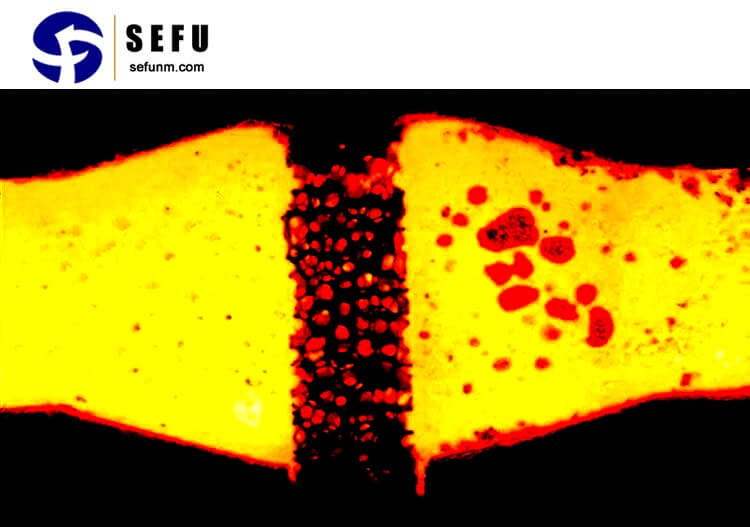With the increasing demand for high-quality metal casting materials, the use of zirconia foam ceramic filters has become more popular in Italy. Zirconia ceramic foam filters have numerous advantages over traditional ceramic filters, such as excellent thermal shock resistance, high porosity, and good mechanical strength. This article will explore the application and analysis of zirconia foam ceramic filters in the Italian market.
Introduction of Zirconia Foam Ceramic Filters
Zirconia foam ceramic filters are made up of zirconia, aluminum oxide, and other raw materials. They have a honeycomb structure with a high porosity level of up to 80%. Zirconia ceramic filters have excellent thermal shock resistance and high mechanical strength due to their high density and small pore size. They can withstand high temperatures up to 1700°C and can filter out impurities with a size range of 5 to 100 microns.
Application of Zirconia Ceramic Filters in Italy
The use of zirconia foam ceramic filters in Italy’s foundry industry has increased significantly over the years. They are mainly used for the production of alloys, cast iron, and non-ferrous metals. Zirconia foam filters are ideal for casting metal parts with complex shapes that require high accuracy and low porosity.

The automotive industry is one of the main sectors that use zirconia ceramic filters in Italy. The production of alloy wheels and engine components requires high-quality metal casting materials with excellent mechanical properties and low porosity. Zirconia ceramic filters are used to remove impurities from molten metal before casting, resulting in high-quality castings.
The aerospace industry is another sector that uses zirconia ceramic filters in Italy. The production of aerospace components requires a high degree of accuracy and reliability. Zirconia ceramic filters are used to remove impurities from the molten metal before casting, resulting in accurate and high-quality castings.
Analysis of Zirconia Ceramic Filters in Italy
The use of zirconia foam ceramic filters in Italy has numerous advantages compared to traditional ceramic filters. Zirconia ceramic filters have a high porosity level of up to 80%, which allows them to filter out impurities with a size range of 5 to 100 microns. They also have excellent thermal shock resistance and high mechanical strength due to their high density and small pore size.
Zirconia ceramic filters have a longer lifespan compared to traditional ceramic filters. They can withstand high temperatures up to 1700°C, which reduces the frequency of filter replacements. As a result, production costs are reduced, and the overall efficiency of the casting process is improved.
The use of zirconia ceramic filters in Italy has also improved the quality of castings. Zirconia ceramic filters can filter out impurities in the molten metal before casting, resulting in high-quality and low-porosity castings. This significantly reduces the need for secondary processing, saving on production time and costs.
Conclusion
In conclusion, the application and analysis of zirconia foam ceramic filters in the Italian market have shown significant advantages over traditional ceramic filters. The use of zirconia ceramic filters has improved the quality of castings, reduced production time and costs, and increased overall efficiency in the casting process. The automotive and aerospace industries are the main sectors that use zirconia ceramic filters in Italy, and their use is expected to increase in the future. Therefore, investing in zirconia ceramic filters is a wise choice for businesses seeking to improve the quality of their metal castings.


